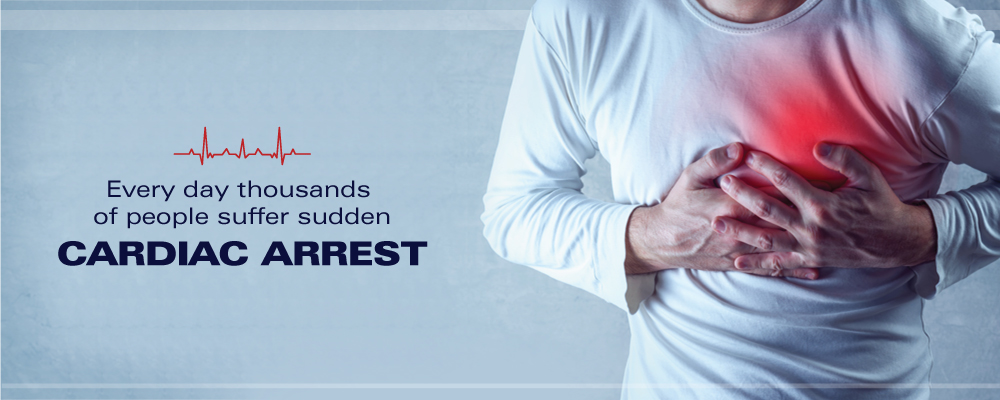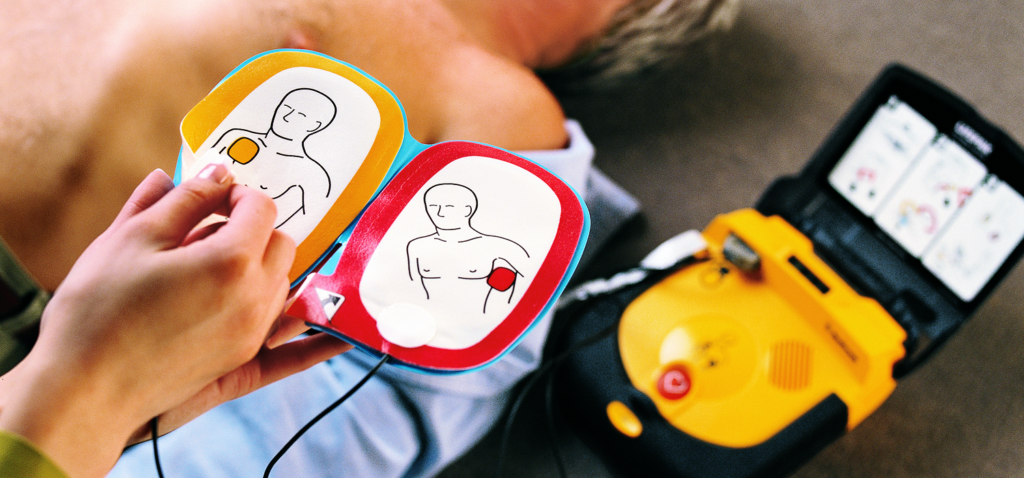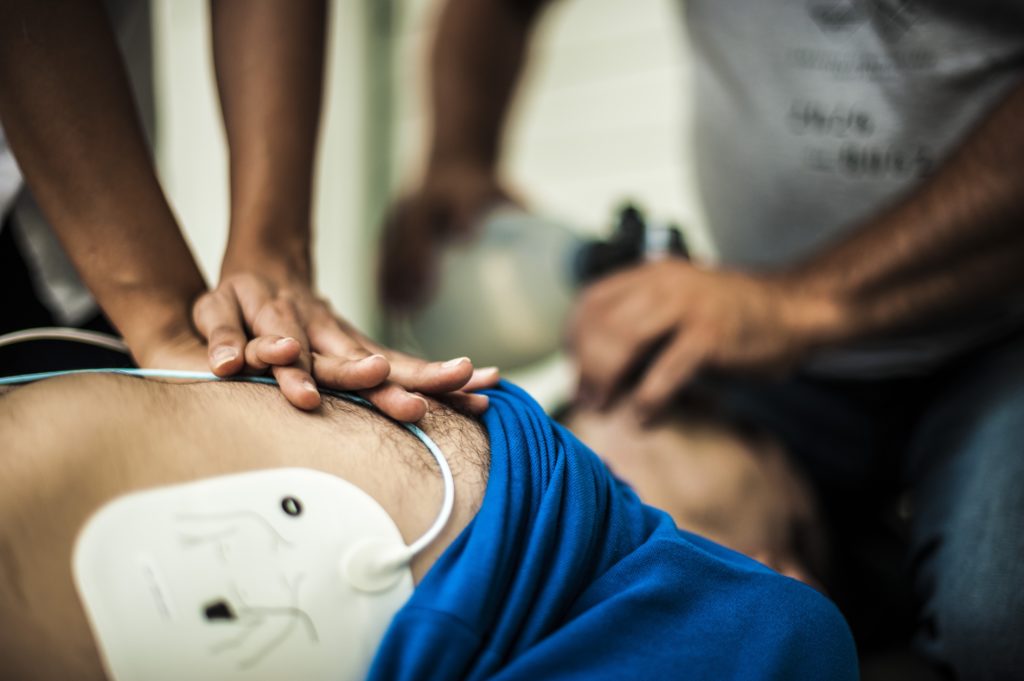The Defibrillator Availability Bill: Helping to increase cardiac arrest survival rates by up to 90%
The Defibrillator Availability Bill was introduced to parliament in December 2018 and is in front of parliament right now. The bill, which will detail organisations responsibilities for the provision and implementation of defibrillators in education, leisure, sports and other public areas, is expected to come into force by 1st April 2020.
The bill not only states the need for defibrillators in public places but also demands that training be provided to people who work in these places so that they know how to use them with confidence.
In 2020 CPR will also be added to the National Curriculum in England, so all children in England will be taught how to give CPR and understand the purpose and importance of a defibrillator by the time they leave school.
Sudden Cardiac Arrest is a leading cause of death in the UK

According to statistics from the British Heart Foundation and Department of Health, Sudden Cardiac Arrest (SCA) is a leading cause of death in the UK, accounting for an estimated 100,000 deaths each year. SCA is an electrical disturbance in the heart that stops it beating properly, the body is then unable the deliver blood to the rest of the body, and when the blood flow to the brain is reduced, they lose consciousness and collapse. Unless emergency treatment is provided quickly, the person usually dies. Sudden cardiac arrest can happen to anyone of any age, at any time. If it does occur, treatment from a defibrillator can massively increase their chances of survival.
Survival rates
According to statistics 12 young, otherwise fit and healthy, people die every week in the UK due to sudden cardiac arrest. A further 270 children die in the UK every year after suffering Sudden Cardiac Arrest at school. Around 400 workplace deaths also occur every year due to cardiac arrests, all these figures can be significantly reduced by having a defibrillator nearby in a school or workplace. The first 5 minutes after cardiac arrest are crucial, without early intervention of CPR or a defibrillator, only about 2.5% of SCA victims survive. For every minute that goes by without treatment, their chance of survival decreases by 10%.
If a defibrillator is used alongside effective CPR within 3-5 minutes of cardiac arrest, the victim’s chances of survival increase to around 80%, if it occurs within 1 minute, their chances of survival increase to 90%. Given the fact that the average response time of an ambulance in an urban area is 11 minutes, defibrillators are essential to the survival of many people.

Someone who is untrained may administer CPR incorrectly, resulting in it being ineffective, whilst a trained person can tire quickly. A defibrillator on the other hand can be used by almost anyone, and they provide the user with clear instructions of how to position and set it up. They also do much of the work themselves and are therefore far more effective in saving lives. This incredibly simple and effective piece of equipment can so greatly help to save many lives.
If this new bill passes all educational establishments will be required to provide public access defibrillators or any other locations where students will be taught. It is also likely that other public places will be required to provide at least one public access defibrillator to their local community too. It is also a common misconception that only trained professionals can and should use defibrillators, so the bill also puts emphasis on awareness and training to use these devices as well as their availability.

Kays Medical provide a range of defibrillators as well as resuscitation training devices and First Aid Training Courses to help you train staff to provide possible life saving treatment. Contact us today to discuss what the best defibrillator for your organisation, workplace or community is, to help prevent fatal cardiac arrests in future.